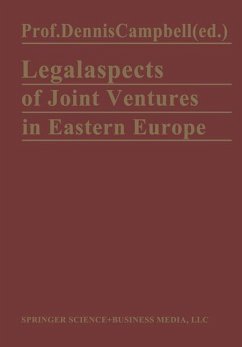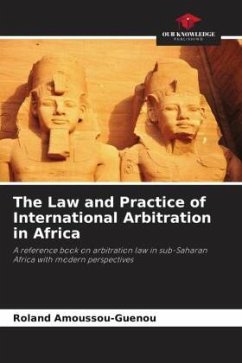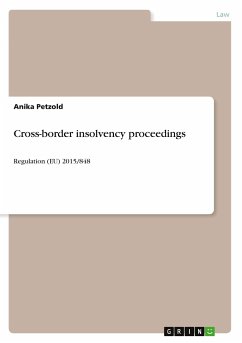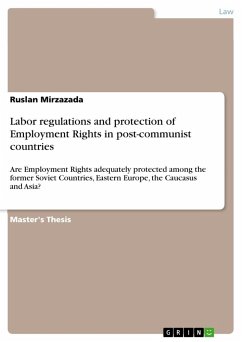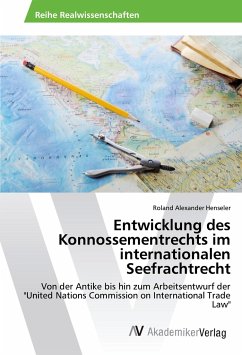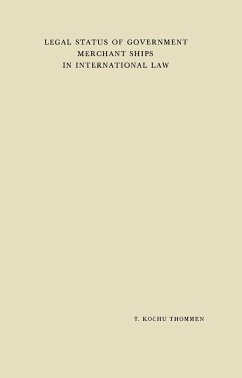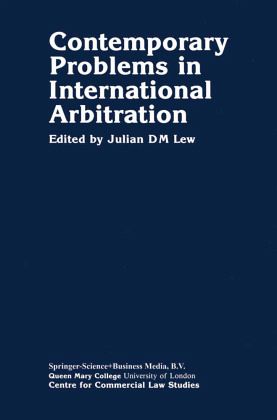
Contemporary Problems in International Arbitration

PAYBACK Punkte
20 °P sammeln!
The establishment of a School of International Arbitration was a sufficiently important occurrence to have brought to London, for its inaugural conference, most of the world's leading experts on international arbitration. The three-day Symposium on March 25-27, 1985 sought to identify and consider the It was not the aim contemporary problems affecting international arbitration. of the Symposium to develop, propose or agree solutions to these problems, but rather to discuss the issues and alternative solutions. The success of the School will be measured in the future by its contribution, throug...
The establishment of a School of International Arbitration was a sufficiently important occurrence to have brought to London, for its inaugural conference, most of the world's leading experts on international arbitration. The three-day Symposium on March 25-27, 1985 sought to identify and consider the It was not the aim contemporary problems affecting international arbitration. of the Symposium to develop, propose or agree solutions to these problems, but rather to discuss the issues and alternative solutions. The success of the School will be measured in the future by its contribution, through research and teaching, to the development of solutions to the difficulties and uncertainties which reduce the effectiveness of international arbitration agreements and awards and the conduct of international arbitral proceedings. This book reproduces the papers presented at the Symposium (amended and varied by several contributors). It is not considered appropriate here to comment on or analyse paper by paper the ideas presented or discussions which ensued. However, it would be appropriate to make reference to specific developments in the short period since the Symposium directly relevant to the papers reproduced and the discussions which ensued. The pertinence of the subject-matter selected becomes clear from these subsequent developments.





